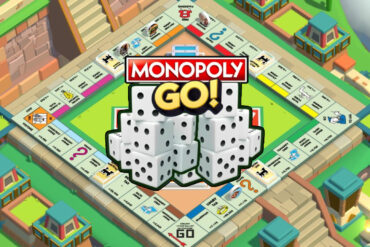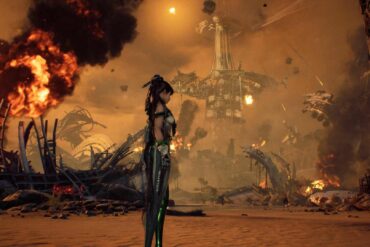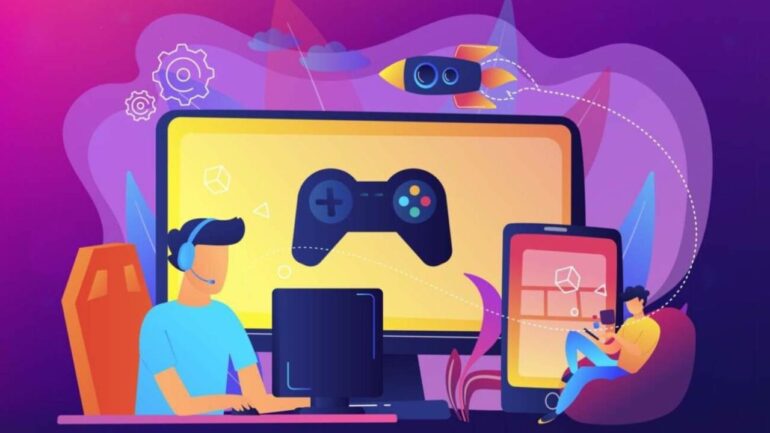My first experience with video games was way before the internet was even a thing, Playing on my older brother’s Commodore 64. This old machine ran tapes to play games. Not CD’s or blu-rays or even floppy disks, but actual tapes. It took practically years for a game to load, and they were… well, not very good.
Of course, time moves on and technology improves. My first gaming machine was the Commodore Amiga 500, and I have fond memories of that big old beige behemoth. This was in the late 1980s, a time before the internet. You would have to treck down to a computer store just pick up a new game. Or, as was more likely, you’d have to get a “cracked” copy from someone you knew.
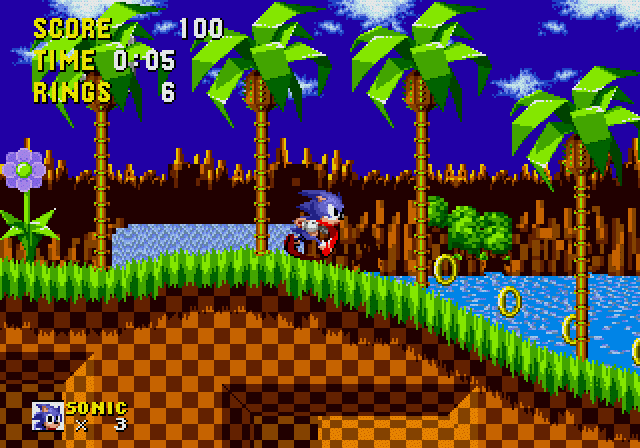
It would only be a few years later when Sega and Nintendo came along with their flagship consoles. Games suddenly became far more involved and intricate. A number of the games from this era are still beloved even to this day – you can’t tell me you’ve never played Sonic the Hedgehog, no matter how old you are.
But none of these platforms could connect to the internet. Not in the same way consoles rather easily do now. Even the PlayStation 2, which came out at the turn of the millennium, didn’t support native online connectivity. You could buy an add-on, but it wasn’t really that popular at the time. It would be much later into the console wars that online connectivity became a thing.
DLC & Microtransactions
Ah, DLC. Downloadable Content. A thing that simply couldn’t exist pre-internet. Looking back, I remember owning Duke Nukem 3D on PC. It was a game that had what we’d consider to be DLC now. But here’s the thing – back then these weren’t called DLC. These were expansions and they even came on discs. Even Grand Theft Auto, arguably the king of downloadable content now with its online component, had disc-based expansions on the original PlayStation.
In the early days of what is now known as DLC, expansions usually consisted of additional levels and extra areas. For example, Medieval 2: Total War got four brand new campaigns in its expansion Kingdoms. Many games still offer this kind of sizeable DLC. Recently, Ghost of Tsushima received a brand new DLC that featured a new story and island to play through.
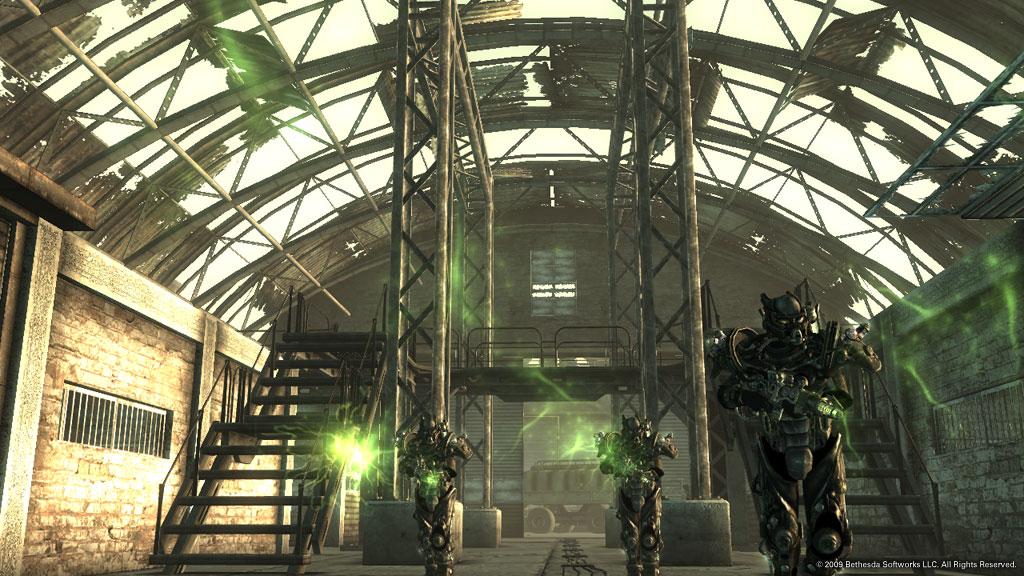
However, the most notable game’s expansions out there were for the Elder Scrolls and Fallout franchises. They became so popular due to their inclusion in the various Game of the Year editions. Titles such as Skyrim or Fallout 3 had expansions that would offer hours of extra gameplay.
The Infamous Horse Armour
Alas, with the inception of electronic stores present on consoles and PC, expansions quickly became DLC, and DLC very promptly changed. While larger expansions such as The Frozen Wilds for Horizon: Zero Dawn, orThe Following for Dying Light (check out our top 10 best DLC’s here) still exist, much smaller DLC suddenly had become the norm.
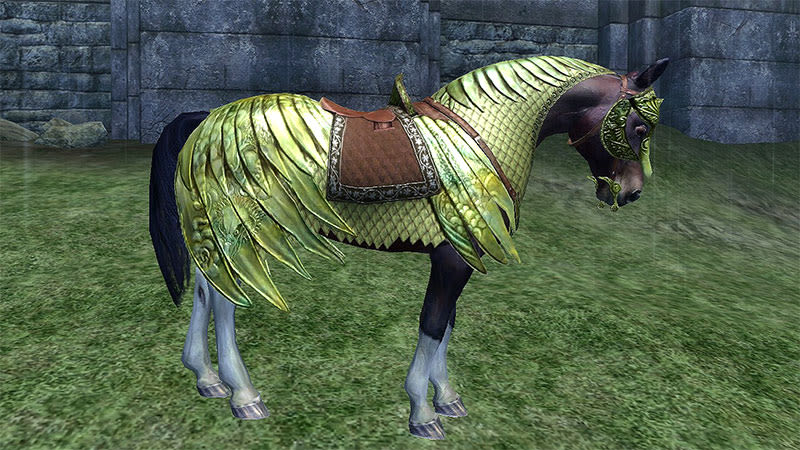
In a now-infamous move by Bethesda, DLC was launched forThe Elder Scrolls IV: Oblivion way back in 2006. Was it a major expansion? Perhaps even additional story content? Nope. It was Horse Armour. A completely useless item that added a new skin to your horse. Sadly, despite a serious outpouring of criticism levied against it at the time, this type of transaction has prevailed through to the modern era of games. Games such as Fortnite and Rocket League offer purchasable skins for your characters/vehicles, which offer little benefit other than being purely cosmetic.
An Incomplete Experience
Unfortunately, a lot of these smaller DLC began to feel like cut content hidden behind a paywall to make more money. While it of course makes plenty of sense from a business standpoint, especially considering the ease of access players have to digital stores these days, it made many gaming experiences feel utterly incomplete.

This feeling is particularly prevalent in racing games. When selecting a car to drive in, there will usually be a greyed out option with a better, faster and prettier vehicle sitting there. But of course, these are unavailable to use unless you purchase the car or car pack it is a part of. Frankly, I hate this. It seems illogical that a portion of the game that I’ve already paid full price for is locked away. Why do I need to pay even more money than I already have just to gain the full experience?
Online Gaming & The Seperation Of Players
It’s no secret that online gaming has become a financially booming business. Battle-Royale games such as Fortnite and Call of Duty: Warzone have seen huge success in recent years with player counts going through the roof. For example, between 2018 and 2019, Fortnite brought in USD$9 billion. So, it makes sense that these days anything from Halo to a new Vampire: The Masquerade game will feature some form of online multiplayer.
Unfortunately, as a result, everything has become so distant. Halo 5 removed split-screen co-op entirely. Sure, the latest game in the franchise will see the return of the split-screen campaign, but a few months after it launches. Outside of games such as It Takes Two, very few games are being developed for modern consoles with split-screen specifically in mind.

As a result, I feel that online gaming has removed that close connection you’d have with those you’re playing with. We each go to our separate houses, don our headsets, and join a lobby at the same time. But once the call ends, we’re left with nothing but emptiness and silence. What happened to the days when you and three mates would gather around a PlayStation with a multitap and Micro Machines V3? I used to have so much fun shoving my mates off rulers all while literally laughing in their faces. It’s ironic and indicative of the situation that even the latest Micro Machines game featured online-only multiplayer.
Day-One Patches
Before consoles had access to the internet, day-one patches were barely a thing. People wanted to know that the product they were purchasing was the very best version of it. The idea of releasing an unfinished game only to fix it much later on, was simply unheard of. In fact, it was very much frowned upon. An early example of a rushed development was the critically panned ET: The Extra-Terrestrial. It was rushed through development to tie in with the movie release and is now regarded as one of the worst games ever made.
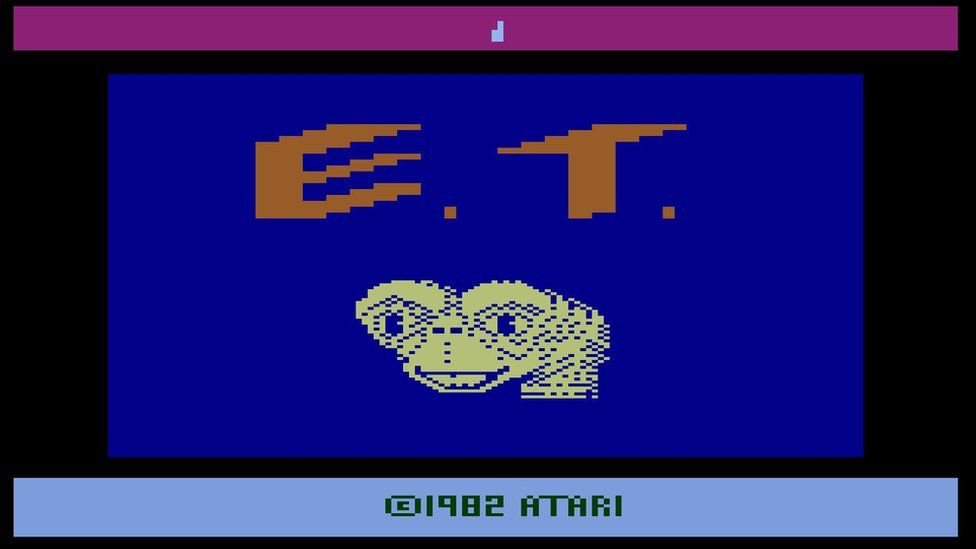
Skip forward to the year 2020 and video games have become a major industry, with many AAA titles costing more to develop than major Hollywood movies. The much anticipated and over-hyped video game Cyberpunk 2077 by the well-respected developer CD Projekt Red is due to come out any day now. The excitement is in the air and boy is it palpable. Finally, it drops and people flood to buy it. It was an immense failure.
The Failure Of Cyberpunk 2077
What exactly happened? To put it simply, it wasn’t finished. After numerous delays, severe crunch and a litany of teases, the development company forced the release despite many of the developers protesting. The unfinished product was buggy, broken and lacking many of the promised features. As a result, what should have been one of the most successful videogame launches of all time became a farce. It now stands as a cautionary tale that will be remembered for years to come.
In the short time I spent with Cyberpunk 2077 on release, I encountered frequent game crashes that required a total reboot, the inability to pick up key items, button presses that performed the wrong actions, and my own body floating alongside my car. Honestly, I gave up after a couple of hours. It was incredibly disheartening as one of my all-time most anticipated games was simply unplayable.

But something like this, and like the numerous failures that came before it, is only possible because of the internet. Without it, the idea of just releasing a day-one patch – or in the case of Cyberpunk 2077 months of patches that do very little – wouldn’t exist. At least to the same extent. You couldn’t release a product that barely functions to then release a 100gb patch hours later. It just wasn’t possible way back when. In Cyberpunk 2077’s case patches are still being released to fix these game-breaking glitches despite it being eight months after its initial release.
So, Has the Internet Ruined Games?
Despite all of my complaints, ultimately I feel like the answer is no. Sure, in simpler times, games were finished on release and you didn’t pay extra for pointless add-ons. But just look at what can be achieved thanks to the ease of access consoles have to the internet. Games like GTA: Online and No Man’s Sky continue to offer more and more free content, expanding on already huge universes.
Furthermore, as games become more and more complex to make, more and more bugs and issues are likely to appear. As such, despite my hatred of “day-one” patches, being able to fix these bugs further down the line really improves on the experience offered. It ensures that if something is missed, as developers are only human after all, it can be quashed in a quick update.

So no, the internet hasn’t ruined video games. It’s certainly helped to change them and the way companies release them. But I don’t feel that they aren’t ruined because of it. And if you want to buy horse armour? Well, then that decision is on you.

